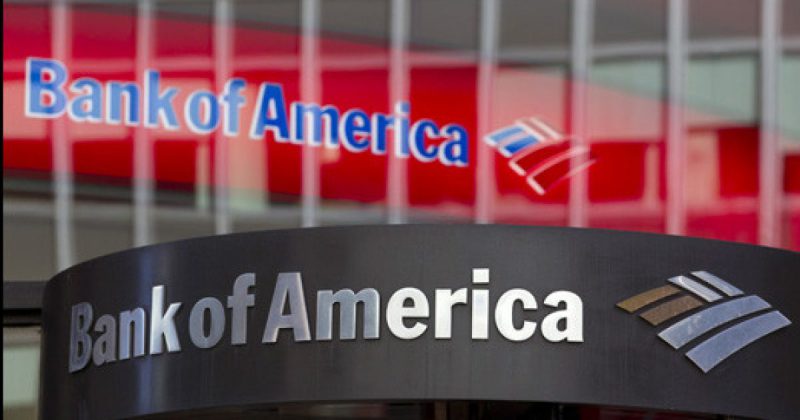Central bank digital currencies (CBDC) and stablecoins have harnessed the attention of global nations. This is evident from different countries adopting CBDCs and conducting pilot tests to incorporate CBDCs into day-to-day life.
Some of the very recent developments include Japan’s plan to launch experimental CBDC in 2023 and India starting its retail CBDC pilot. France and Luxembourg are also using experimental CBDC, along with Brazil’s central bank planning to launch CBDC in 2024. Additionally, the EU is prioritizing CBDC launch, and most recently, the Central Bank of Turkey is running its first CBDC tests.
Read more: Seoul Government Officially Launches its First Metaverse Project
Even though some central banks are against the notion of digital currencies and stablecoins, one bank thinks otherwise. According to the latest research report released by Bank of America (BOA) on Tuesday, the bank stated that digital currencies, including CBDCs and stablecoins, are the natural evolution of money and payments.
CBDCs do not change the definition of money, says BOA
“CBDCs do not change the definition of money, but will likely change how and when value is transferred over the next 15 years.” Central bank digital currencies have “the potential to revolutionize global financial systems and may be the most significant technological advancement in the history of money,” analysts led by Alkesh Shah wrote.
Read more: 3AC Founders to Build a New Crypto Exchange GTX, Seeks to Raise $25M
Even though stablecoins faced scrutiny in 2022 after the fall of Terra UST, CBDCs were gaining widespread adoption. The research report also highlighted that CBDCs are not without their risks and may trigger competition with bank deposits. It stated they may also cause a loss of monetary sovereignty. BOA also believes that CBDC issuance may not happen for over a decade in some countries.





